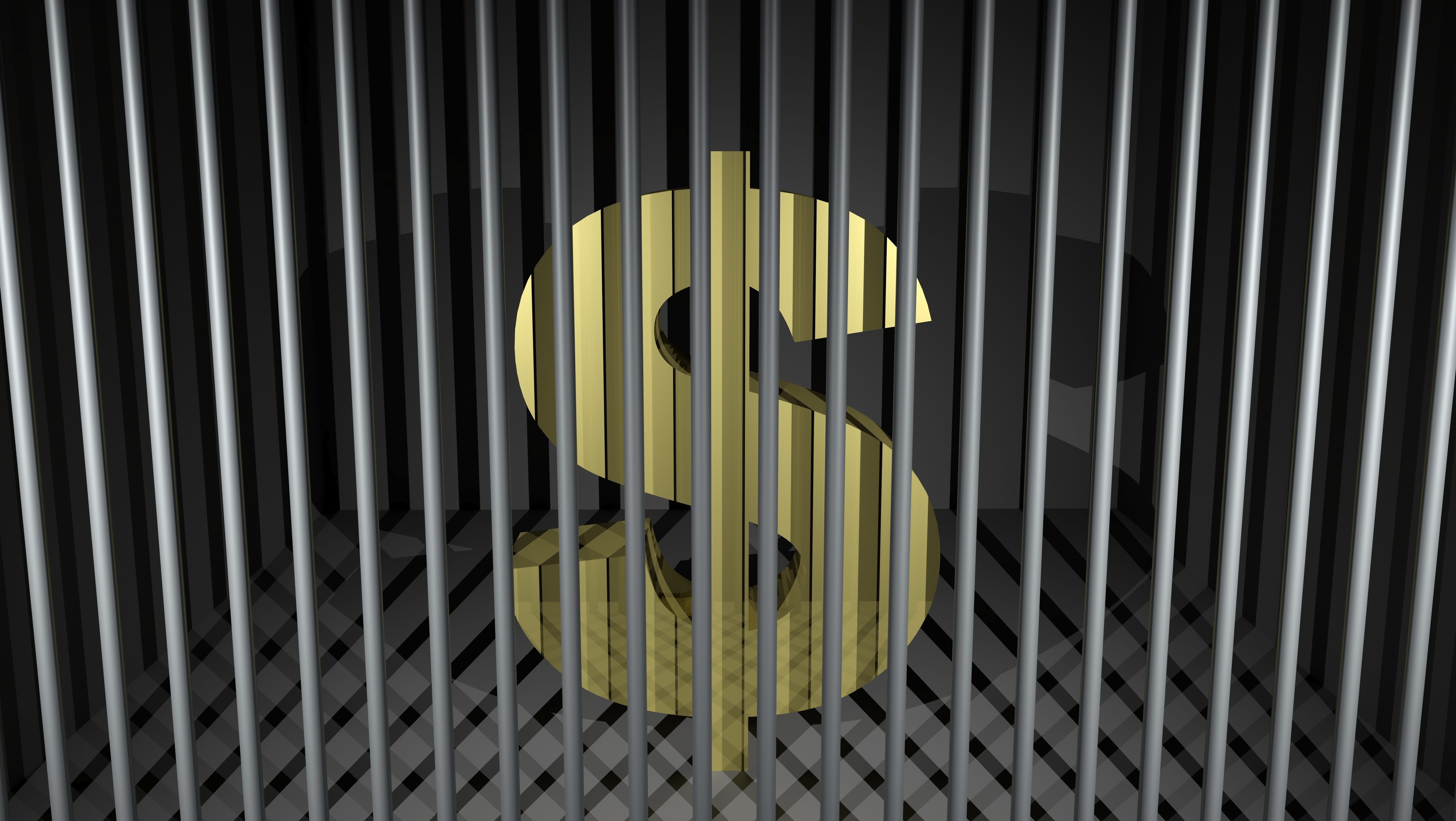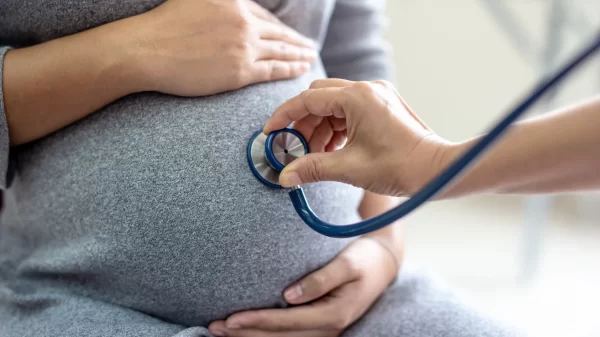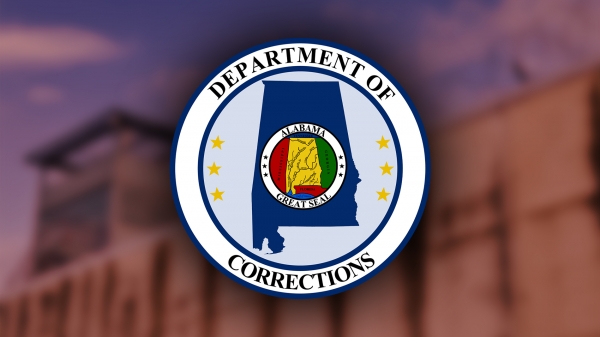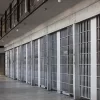The multinational investment bank Barclays is underwriting financing for two of Alabama’s new prisons for the private prison company CoreCivic after the bank said it would no longer finance such companies.
Barclays in 2019, joined with numerous other banks that cut ties with businesses that detain immigrants and run for-profit prisons. Tennessee-based CoreCivic faced increased public pushback for providing housing for immigrants for the U.S. Immigration and Customs Enforcement, some of which held children in cages along the U.S. border.
Wells Fargo, SunTrust, Bank of America, BNP Paribas, Fifth Third Bankcorp, Birmingham-based Regions Bank and Barclays all said they would no longer finance private prison companies.
Despite the public statements severing ties with private prison companies, Barclays is the lead underwriter for a bond issue that seeks to raise $634 million for Government Real Estate Solutions of Alabama Holdings LLC, a CoreCivic-owned corporation, for CoreCivic to build and lease the two new prisons to Alabama for the Alabama Department of Corrections to operate, Bloomberg reported.
“At the direction of the State of Alabama, Barclays has worked alongside the state’s representatives and advisors to finance the procurement of two new correction facilities that will be leased and operated by the Alabama Department of Corrections for the entire term of the financing,” Barclays said in an emailed statement to Bloomberg News. “The commitment we made in 2019 not to finance private prison companies remains in place.”
The U.S. Department of Justice in December filed a federal lawsuit against the state of Alabama and the Alabama Department of Corrections alleging violations of inmates’ constitutional rights to protection from prisoner-on-prisoner violence, sexual abuse and excessive force by prison guards.
In previously released reports, the Justice Department detailed systemic problems of abuse from guards, corruption, rampant drug use, violence, overcrowding and understaffing in Alabama’s prisons. The DOJ in those reports states that while new prison facilities might help in some areas, new buildings won’t fully address the state’s widespread, deadly problems in its prisons.
Gov. Kay Ivey’s administration had said there was an $88 million annual cap on payments to CoreCivic to build and maintain the two prisons, to be located in Elmore and Escambia counties, but information shared by administration officials to state lawmakers in January show the payment is expected to be $94 million the first year, with increases every year after for the 30-year-period, bringing the total cost to the state to just more than $3 billion, $500 million more than the administration has said was predicted.
Ivey and ADOC Commissioner Jeff Dunn have said the new prisons are needed to replace outdated facilities, reduce violence and provide more room for rehabilitative services.
Negotiations on a third prison, to be built in Bibb County, are ongoing, according to Ivey’s office. That prison is slated to be built and leased to the state by the group Alabama Prison Transformation Partners, made up of Star America, BL Harbert International, Butler-Cohen, Arrington Watkins Architects and Johnson Controls.























































